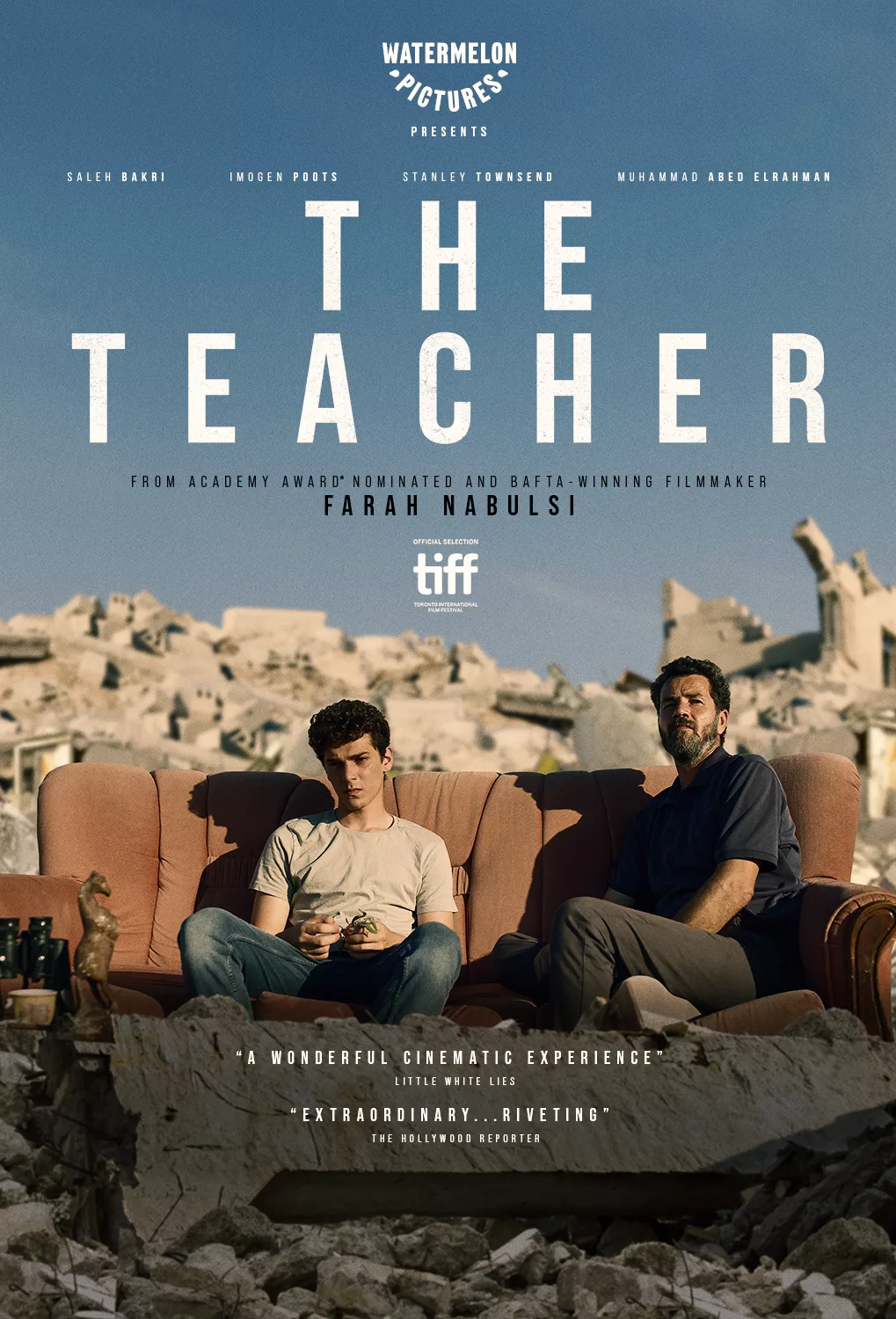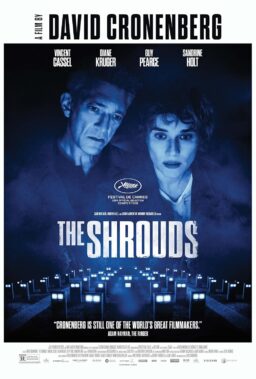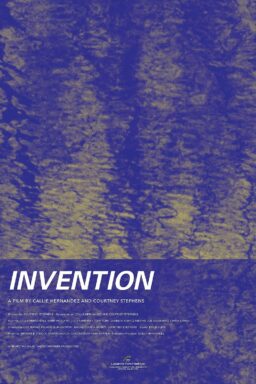Set and shot in the West Bank, “The Teacher” is writer-director Farah Nabulsi’s spirited paean to Palestinian resilience. Putting on display the day-to-day reckonings of Palestinian life under violent Israeli occupation, Nabulsi’s film touches the heart but loses grip on the mind as it journeys to juggle more subplots than its hands can handle.
Basem (Saleh Bakri) is a weathered but solicitous Palestinian teacher of English. A father figure to Adam (Muhammad Abed Elrahman), a young student in his class and village who is in vengeful mourning after an act of settler violence takes the life of his brother, Basem is tasked with weighing his aged wisdom and personal history with the Palestinian resistance to guide the boy on the path of least destruction. But with so much of their quotidian interactions dictated by the oppressive occupation with which they live, Adam and Basem struggle to set an eyeline on the strategy of moving forward.
English counselor Lisa (Imogen Poots) is in the mix as she seeks to help Adam along in his mourning and grows closer to Basem in what progresses to a budding romance. Yet with all of these interweaving interpersonal missions to find firm footing, “The Teacher” also concerns itself with a kidnapping plot of an American-Israeli soldier named Nathaniel Cohen. As his parents land in the West Bank, we follow their fearful, guilt-ridden days of waiting for updates from a hardened settler investigator as the Palestinian resistance barters for his release in exchange for the release of 1,200 of their own.
Nabulsi’s film tackles a lot, but rather than strengthening emotional ties through its various threads, it winds up reading like a fractured mosaic of ideas. What does succeed are the moving performances that keep the film afloat. Bakri is the absolute standout here, with his sensitivity and empathetic drive pouring into every moment he’s on screen. His bright eyes communicate through his near constant furrowed brow, and his excellent chemistry with both Elrahman and Poots buoy the film as the load of subplots routinely weigh it down.
Basem as the film’s lead is by far the deepest of the leading trio of characters, so much so that his presence becomes far more compelling than the rest of what Nabulsi has to offer. As Basem’s chaptered history between radical and nonviolent approaches to resistance come to light, it colors “The Teacher” with much more than the half-baked asides on romance and kidnapping. Adam’s thirst for revenge and the dilemma of Palestinian hostages cast feeling in the film much more on basic human principle rather than Nabulsi’s ability to craft them narratively. “The Teacher” becomes a riveting character study buried by the overwhelming nature of far less developed attempts at tributing the righteous anger and resilience of the Palestinian people.
















